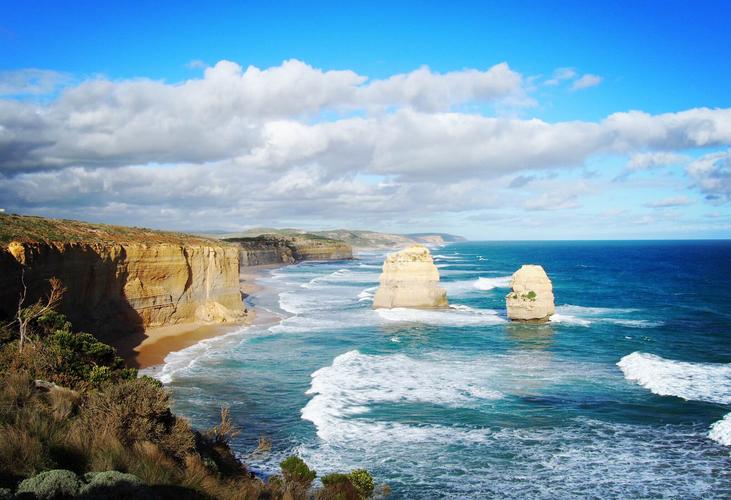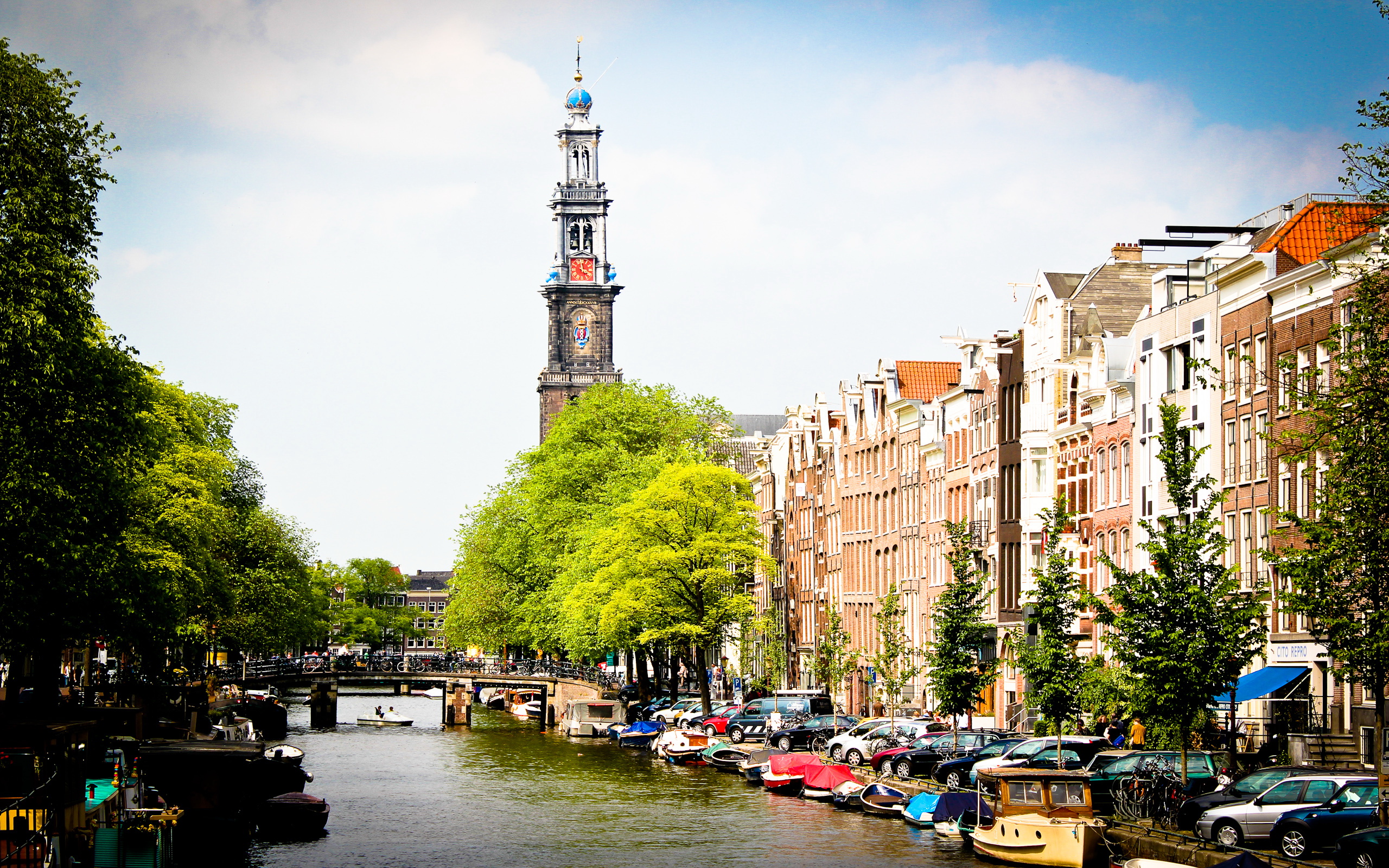Global Travel Information
Athens, Greece
Athens is a city of ghosts. They do not haunt in the traditional sense, but rather, they walk alongside you, their marble feet echoing on the same sun-baked stones. To be in Athens is to be in a constant, dizzying dialogue with time, where the past is not a distant country but the very bedrock of the present. It is a city of breathtaking contradictions—majestic yet gritty, profoundly ancient and vibrantly, chaotically alive. It is not merely a destination; it is an experience, an education in the very foundations of Western civilization.
The most potent of these ghosts resides, of course, upon the Acropolis. This limestone rock, rising 150 meters above the city, is more than a monument; it is the primordial symbol of Athenian identity, genius, and resilience. The climb is a pilgrimage. The path winds upwards, and with each step, the cacophony of the modern city—the blaring scooters, the chatter from overcrowded kafeneia—begins to fade, replaced by the whisper of the dry, thyme-scented wind. And then, you see it. Not all at once, but in pieces: a mighty column, a perfect entablature, the timeless pediment.
The Parthenon is both exactly as you imagined and utterly surprising. Its familiar silhouette, the embodiment of classical perfection, is jarringly scaffolded, a testament to the endless work of preservation. This is not a ruin frozen in a romantic decay. It is a patient, ongoing act of reverence. The scaffolding does not diminish it; instead, it highlights its enduring value. You notice the subtle curves—the stylobate that bows upwards, the columns that swell slightly in the middle—all optical refinements designed to combat the eye’s tendency to distort, to create a building that feels not just mathematically perfect, but alive. This was not merely a temple to Athena Parthenos; it was a bold, arrogant declaration of human reason, beauty, and order triumphing over chaos. Standing before it, you feel the weight of that ambition, a ghost that still challenges us to reach higher.
Yet, Athens refuses to be a museum. The genius of the city is how this profound past is woven into the fabric of a messy, dynamic, and sometimes exasperating modern metropolis. From the summit of the Acropolis, your gaze is drawn irresistibly to the city sprawling to the horizon—a dense tapestry of concrete apartment blocks, neoclassical mansions fighting for space, and verdant pockets of cypress and pine. This is not a pristine view. It is real, unvarnished, and humbling. The ancient Agora, the marketplace where Socrates questioned everything and democracy was debated, now lies in peaceful, archaeological repose just below. But the spirit of the Agora lives on in the bustling Central Market of Athens, where the air is thick with the scent of fresh fish, oregano, and hanging carcasses of lamb, and where bargaining is a vigorous, theatrical art form.
This duality is perhaps best experienced in the city’s neighbourhoods. Plaka, nestled on the northern slopes of the Acropolis, is a labyrinth of cobblestone streets and neoclassical houses, often dismissed as a tourist trap. But wander away from the main thoroughfares selling cheap souvenirs, and you find quiet, flower-bedecked lanes where old men play backgammon and the sound of bouzouki music spills from a hidden taverna. Here, the past is a currency, but also a lived-in reality.

Contrast this with the anarchist-fueled, graffiti-scarred streets of Exarchia, a district pulsating with counter-cultural energy and political dissent. The art here is not on museum walls but sprayed on every available surface—fierce, political, and transient. Or consider the upscale, chic elegance of Kolonaki, nestled at the foot of Lycabettus Hill, where designer boutiques and art galleries cater to a sophisticated crowd. Each neighbourhood tells a different story, a different century of Athenian life, all existing in a tense, vibrant harmony.
To understand Athens is to understand its light. It is not a gentle light. It is a brilliant, almost white, blinding glare that hammers down upon the marble in the summer, creating sharp, black shadows and bleaching colour from the landscape. This is the light that inspired architects to master proportion and philosophers to seek clarity. But as the day wanes, this harshness melts into the famous golden hour, when the setting sun drenches the ancient stones in a honeyed glow, a phenomenon so beautiful it feels orchestrated by the gods themselves. This is the moment to climb Philopappos Hill, across from the Acropolis, to watch the Parthenon transform from a structure of stark geometry into a warm, ethereal monument against the deepening purple sky.
The Athenian spirit is also inextricably linked to its hardships. The economic crisis of the previous decade left deep scars, visible in shuttered shops and a tangible weariness in the eyes of some of its people. Yet, from this adversity emerged a remarkable resilience and creativity. A new wave of entrepreneurs opened innovative bars in abandoned buildings, art collectives repurposed empty spaces, and a focus on quality and authenticity blossomed in the food scene. Traditional tavernas, where the menu is whatever was fresh at the market that morning, thrive alongside modern restaurants reinterpreting Greek cuisine with molecular gastronomy. To eat in Athens is to understand its soul: simple, honest ingredients—feta, olive oil, tomatoes, oregano—elevated into something sublime.
Athens is demanding. It challenges your preconceptions of a European capital. It can be loud, congested, and overwhelming. Its archaeological treasures are often crowded, its summer heat oppressive. It does not offer the easy, picturesque charm of a Greek island. It offers something far more valuable: a raw, unfiltered connection to the source. It is the city where democracy, philosophy, theatre, and Western art were born. Their ghosts are not silent. They speak from every stone, in every heated debate in a smoky café, in the resilience of its people, and in that incredible light that has shone for millennia. Athens does not ask to be admired from a distance. It asks to be engaged with, to be grappled with. And if you listen closely, amidst the chaos and the glory, you might just hear the echoes of your own civilization whispering back.
相关文章
- Elbe River Amusement Parks: Rides with River Views
- Elbe River Camping Spots: Pitch a Tent by the Water
- Elbe River Glamping Sites: Luxury Camping Along the Banks
- Elbe River RV Parks: Stay in Your Camper Near the River
- Elbe River B&Bs: Cozy Accommodations with a Personal Touch
- Elbe River Hostels: Budget Stays for Young Travelers
- Elbe River Business Travel Guide: Meetings & Events Near the Water
- Elbe River Conference Venues: Spaces with River Views
- Elbe River Wedding Venues: Tie the Knot by the Water
- Elbe River Funeral Services: Respectful Locations Along the Banks
发表评论
评论列表
- 这篇文章还没有收到评论,赶紧来抢沙发吧~


